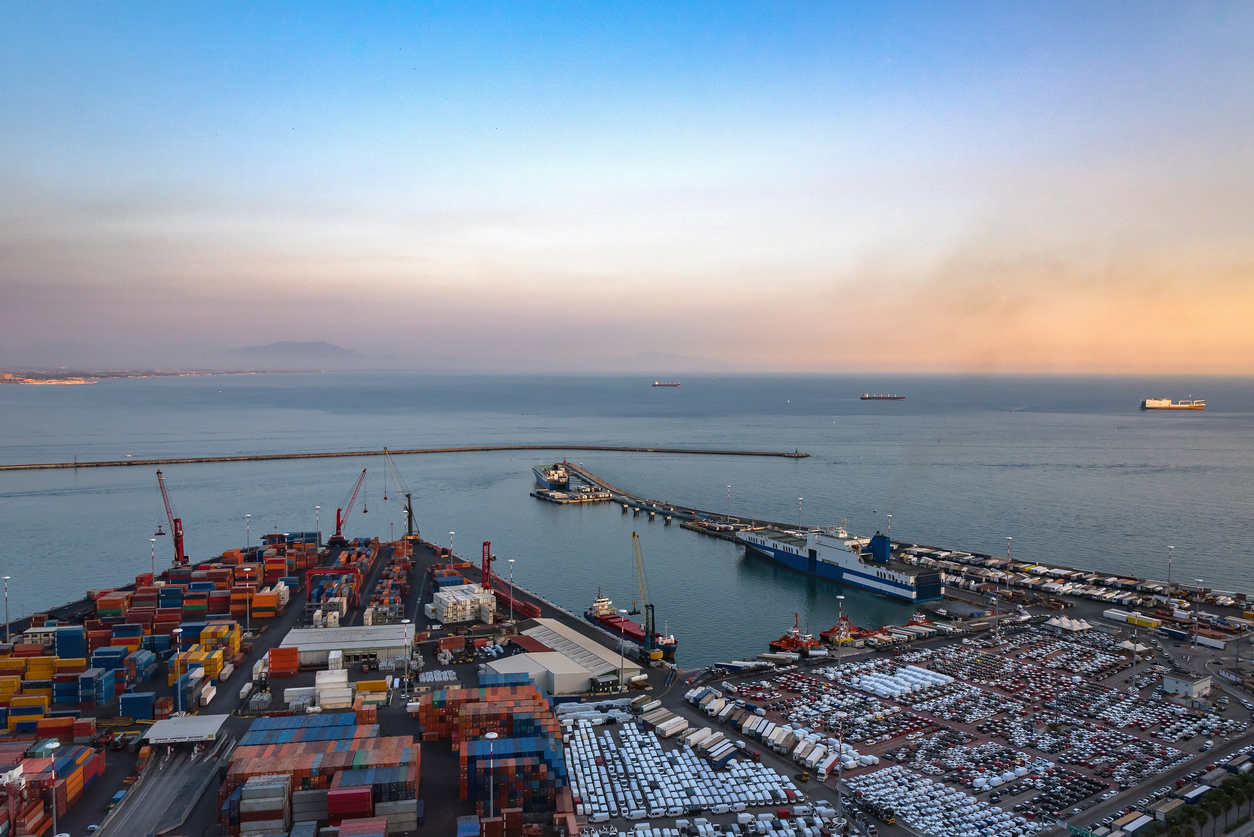Italy became the worlds first country to enforce emergency measures and a nationwide lock down, in a bid to control the spread of COVID-19. On Sunday, March 15, 2020, the country reported 3,590 new cases, with 368 Coronavirus deaths in the previous 24 hours. The Coronavirus pandemic has prompted governments around the world to restrict the movement of its citizens in a bid to prevent further spread of the virus.
On March 8, 2020, Italy imposed country-wide restrictions on the movement of individuals from one area to another, unless they can provide evidence of ‘essential work-related reason for travel’ or a ‘medical emergency’. Further restrictions are now in place with sports events, schools, universities, shops and pubs all cancelled or closed until at least April 3, 2020.
The stringent measures, adopted in response to the rapid spread of COVID-19, does not appear to restrict the import or export of goods to or from the Italian territory. The civil protection agency confirmed that commercial freight will not be impacted by the restrictions, but could not account for limitations imposed by other countries. Ports, freight forwarders and logistics companies are attempting to keep the supply chain moving despite growing constraints on logistics that continue to threaten the economy.
Cargo is moving despite limitations such as:
- Ports in Italy are starting to feel the impact of tightening measures to prevent the spread of COVID-19 with freight flows showing signs of slowing country-wide.
- Some airports remain open despite travel restrictions but have strict medical screening procedures upon arrival, others are closed temporarily. The majority of airlines have reduced their passenger flights which, in turn, reduced air cargo availability.
- Commercial freighters to and from Milan and Rome are working to their regular schedules.
- In a bid to keep the supply chain moving, the logistics sector are shifting a large volume of cargo to rail, in an effort to reduce the number of drivers travelling across Europe.
- Some manufacturing companies are beginning to feel the pressure, but industrial production is permitted albeit under tight safety protocols.
For Avion International, it’s business as usual. We remain committed to delivering goods safely and securely to destinations across the world. In these uncertain times, we make every effort to support and protect our clients business interests and take every possible precaution to protect our employees and those with who we come into contact.
Our Process
At Avion Australia, we quickly adopted the smart working option (work from home) and maintain contact with our clients around the clock with hi-tech VoIP phones. Our sophisticated software system can be accessed by any operator remotely, which means that we are able to operate with a skeleton crew in our Sydney office. The office is manned with one staff member to each department, including customer service, air, sea, export, and accounts; each person sits at least 1-meter away from their colleagues. To further protect our staff, we have thoroughly sanitised the office and warehouse and conduct a daily spray with a mix of chlorine and water on the entire perimeter of the warehouse and office. The check-in and check-out operation for goods and the documentation process are all executed with strict safety measures maintaining a fair distance from drivers and runners. We also adopted a double shift, (7 am-3 pm and 3 pm-9 pm) in the warehouse to reduce cross overs of personnel to further limit the opportunity of contamination.


